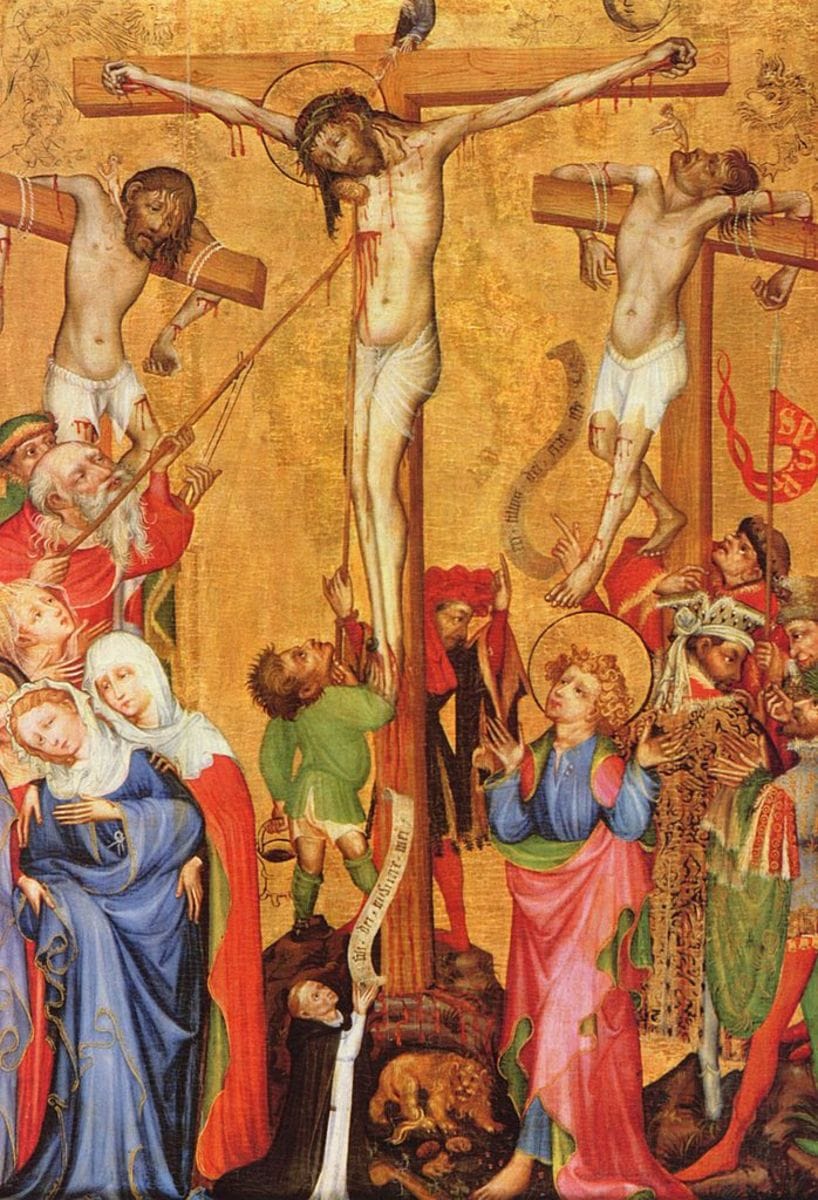
ADVERTISEMENT - CONTINUE READING BELOW
The Peasant Who Saved the First Crusade
In June 1098, amidst the First Crusade‘s struggle towards Jerusalem, the Crusaders found themselves besieged in Antioch by a formidable army. Starvation and low morale plagued them until Peter Bartholomew, a notorious peasant known for his vices, claimed a vision from Saint Andrew revealing the location of the Holy Lance, the spear that pierced Jesus Christ’s side. Despite skepticism from Bishop Adhemar, Count Raymond ordered a search, and Bartholomew’s discovery, though doubted by some, revitalized the Crusaders’ resolve.
On June 28th, 1098, fueled by newfound faith, the Crusaders, weakened by hunger, launched a fervent attack on their besiegers. This was inspired by Bartholomew’s visions of victory. Despite doubts about his authenticity, the Crusaders emerged triumphant. Attributing their success to divine intervention. However, as Bartholomew’s influence grew and his visions extended beyond military triumph, skepticism mounted, leading to his dramatic demise. Demanding an ordeal by fire to prove his legitimacy, Bartholomew faced a gruesome end, either succumbing to burns or assassination. His dramatic demise left a legacy shrouded in controversy, emblematic of the extraordinary ends witnessed amidst the tumult of the Crusades.

